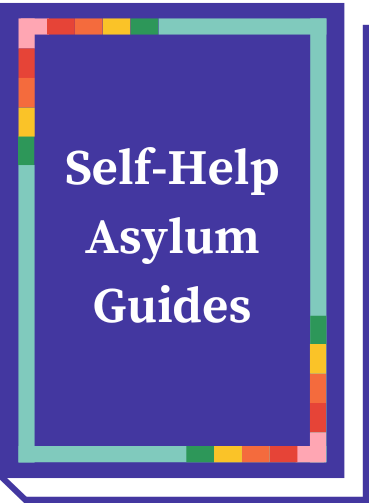Other Paths to Status
The information contained herein is for reference only and may not be up to date. It does not constitute legal advice. You should always consult an attorney regarding your matter.
Last updated: June 3, 2020
In addition to asylum, withholding of removal, convention against torture relief, and family-based immigration, there are other paths through which individuals may be able to obtain lawful immigration status in the United States. This section describes a few of those paths. This list is not meant to be exhaustive. You should consult with a qualified immigration attorney about the specifics of your case to see if you qualify for these or other paths to obtain lawful immigration status.
Becoming a refugee or seeking asylum are in some ways related, but they are two distinctly different immigration benefits. Immigration Equality works primarily with LGBTQ and HIV positive asylum seekers, detained immigrants and undocumented people living in the U.S.
The Diversity Visa (DV) Lottery makes 55,000 legal permanent resident (green card) visas available to nationals of countries which the U.S. considers to be under-represented in U.S. immigration.
Most individuals who enter the U.S. on a visa or through the visa-waiver program are given a date specific that they must leave, often marked on Form I-94 (CBP no longer issues paper I-94 cards, but I-94 information is available online).
Update as of 6.18.20: Following the recent Supreme Court decision on DACA, we are currently still awaiting new guidance from USCIS on how they intend to comply with the Court’s ruling…
A U visa may be granted to certain immigrants who have survived abusive crimes inside the U.S. These visas are available to persons who have been survivors of: rape; torture; trafficking; incest; domestic violence…
These visas are available to survivors of severe trafficking of persons inside or into the United States, such as sex trafficking, involuntary servitude, and slavery.
The violence Against Women Act (VAWA) allows for certain close relatives of a permanent resident or U.S. citizen to apply for a green card if they have been abused or subject to extreme cruelty by their family member.
Special Immigrant Juvenile status (SIJ) is an immigration classification available to certain undocumented immigrants under the age of 21 who have been abused, neglected, or abandoned by one or both parents.
If you’ve looked through our legal resources and still have questions, please reach out via our contact form.
The information contained herein is for reference only and may not be up to date. It does not constitute legal advice. You should always consult an attorney regarding your matter.








